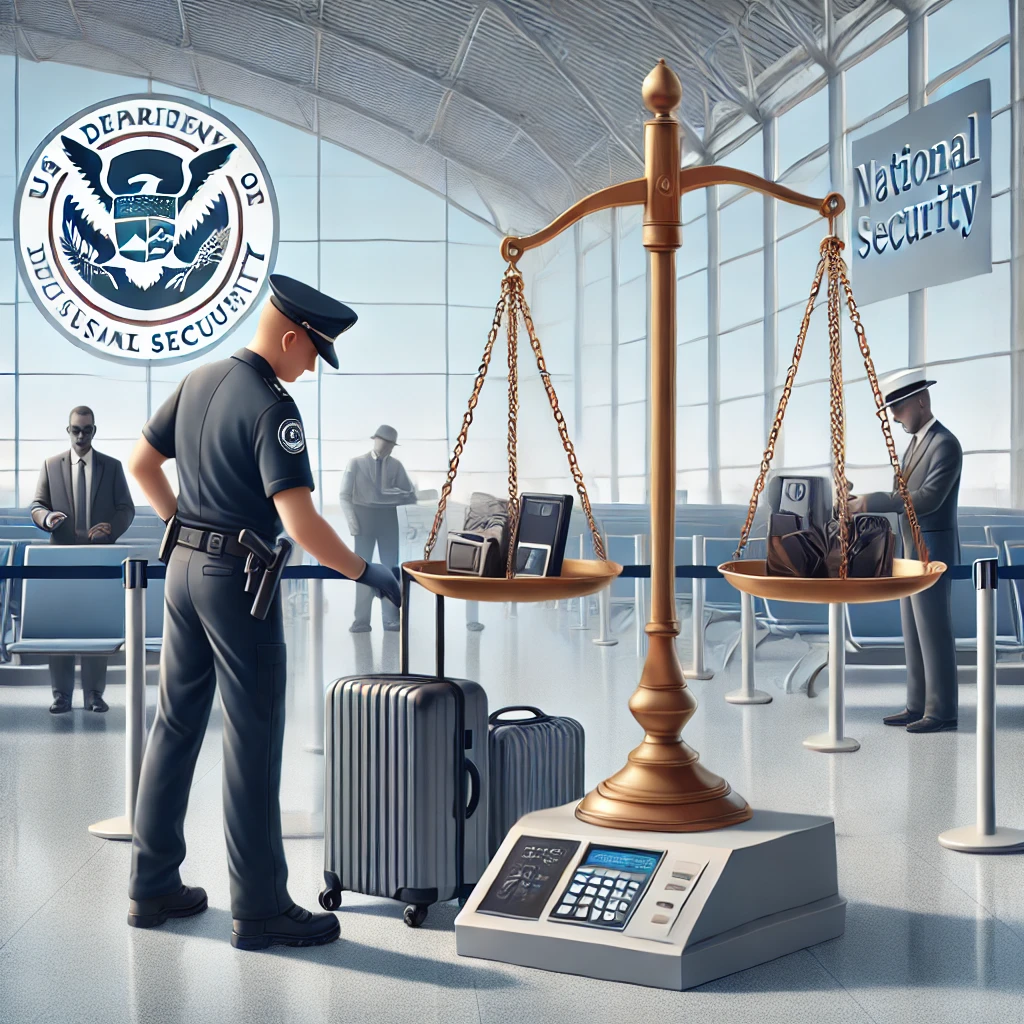
Balancing Individual Rights and Border Security in Federal Drug Conspiracy Cases
United States v. Linarez-Delgado, 259 Fed. App'x 506, 2007 U.S. App. LEXIS 29485 (3d Cir. Dec. 19, 2007).
Substance and Outcome of the Case
This case centers on balancing individual constitutional rights against the federal government’s authority to secure borders and enforce drug trafficking laws. Hector Linarez-Delgado, accused of leading an ecstasy importation conspiracy, challenged his conviction and sentence on multiple grounds, including alleged Fourth Amendment violations, improper admission of evidence, failure to provide Miranda warnings, and sentencing errors.
Summary for Non-Legal Audiences
Facts
- Hector Linarez-Delgado organized and led a drug trafficking operation, recruiting individuals to smuggle ecstasy from Amsterdam to the United States.
- When one courier was arrested, Linarez-Delgado fled. Upon attempting to re-enter the U.S., customs officials detained him, found incriminating evidence on his camcorder, and arrested him.
Legal Challenges
Fourth Amendment Claim
- Linarez-Delgado argued that viewing the contents of his camcorder during a border search was unconstitutional.
- However, courts have consistently ruled that routine border searches, including examining digital devices, are lawful without a warrant, as they are crucial for national security and preventing contraband.
Evidence Admission
- He claimed that witness testimonies and videotape evidence should have been excluded.
- The court upheld the admissibility of these items, noting they were relevant to demonstrating his guilt and introduced lawfully under the Federal Rules of Evidence.
Miranda Rights
- Linarez-Delgado argued that statements made during his detention were invalid because he was not read his rights.
- The court determined that Miranda warnings were unnecessary during routine border inquiries, where he was not yet in custody.
Sentence Reasonableness
- He claimed his sentence was excessive.
- The court found the 170-month prison sentence reasonable, emphasizing that it was significantly below the federal sentencing guideline range.
Outcome
The Third Circuit Court of Appeals affirmed Linarez-Delgado’s conviction and sentence, finding no legal errors in the trial court’s decisions. The ruling underscored the broad authority of federal customs officials and the admissibility of evidence obtained during lawful border searches.
Key Takeaways for General Readers
- Border Searches: Customs officials have wide latitude to inspect belongings, including digital devices, at U.S. entry points.
- Evidence Rules: Courts carefully evaluate evidence relevance and fairness before allowing it in a trial, ensuring defendants have a fair hearing.
- Miranda Warnings: Routine border interactions don’t trigger Miranda rights unless the individual is in custody or under interrogation.
- Sentencing: Federal courts must consider several factors, including fairness and adherence to legal guidelines, before determining a prison term.
Let’s Get Started
Your legal challenges deserve personalized attention and innovative solutions. Contact Oware Justice Advocates PC today for a consultation and take the first step toward resolution and peace of mind.
355 South Teller Street, Suite 204,
Lakewood, CO 80226
(Visits to the office are strictly by appointment only)
303-514-6589

